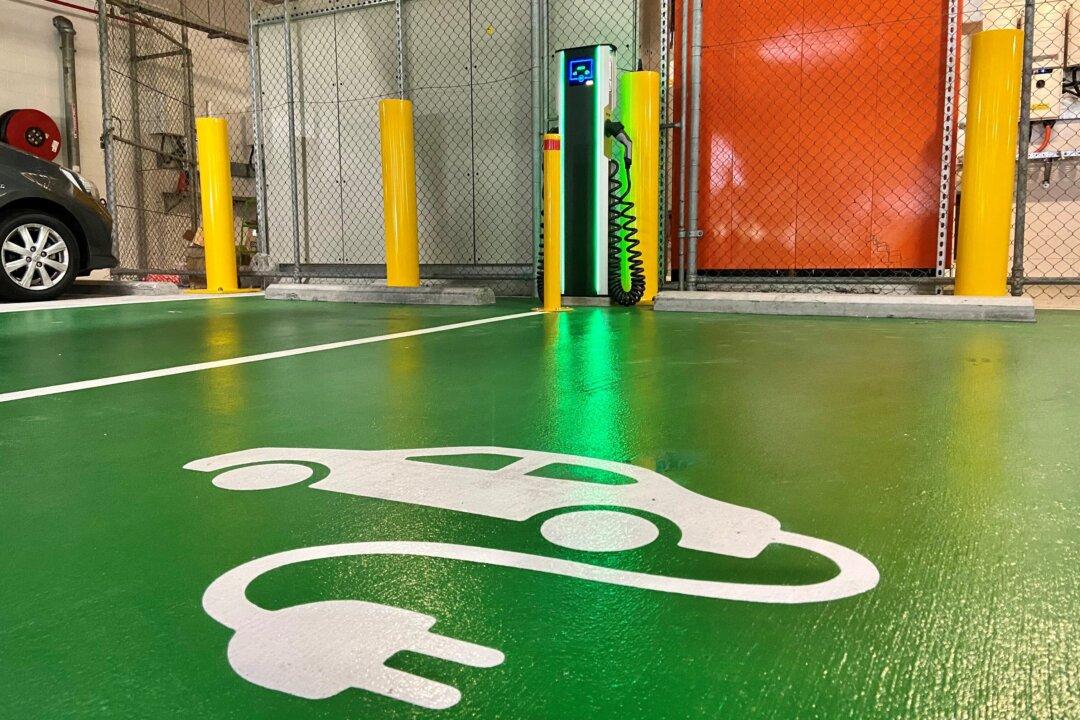The Australian state of Western Australia (WA) is allocating $12.5 million (US$8.1 million) of taxpayer funds for new electric vehicle (EV) charging infrastructure.
Electric vehicles currently make up about 6.4 percent of new car sales in the state, figures from the Federal Chamber of Automotive Industries (FCAI) reveal.





